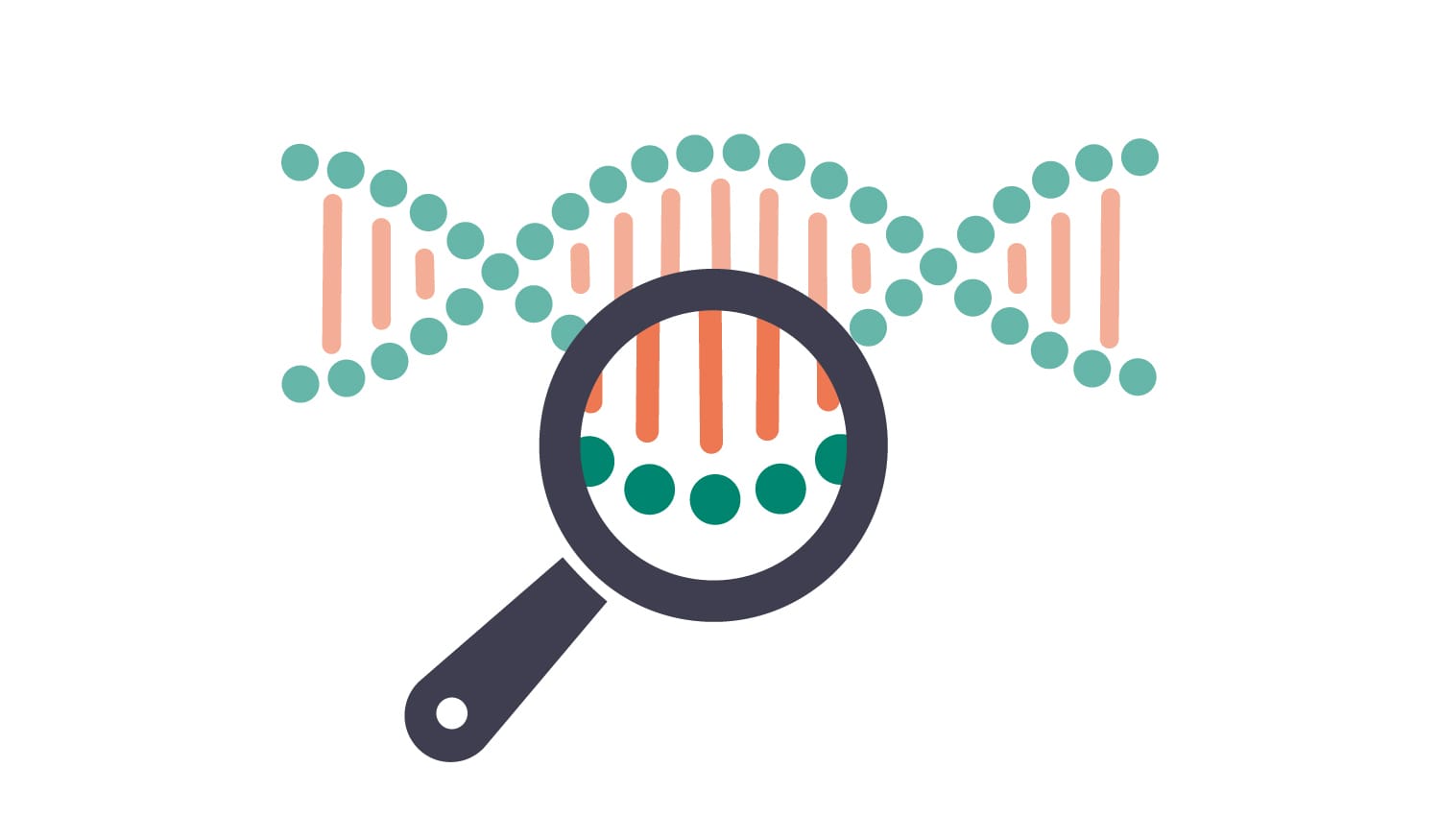KNOWLEDGE IS POWER with regards to lowering cancer risk. But if you’re looking for clues to the hereditary hazards lurking in your genome, testing at home can be risky business.
Dozens of companies sell online genetic tests to consumers interested in exploring their ancestry or health risks. No prescription is needed. The consumer simply needs to send in a saliva sample. The U.S. Food and Drug Administration (FDA) cautions consumers that the results they receive from these direct-to-consumer tests are not intended to be the primary basis for medical decision-making. But consumers may not be aware of how limited the test findings actually are.
Questions to Ask
Find out the following before you purchase an at-home genetic test.
Who will have access to your data?
Learn whether the testing company can sell your data to a third party. Can you opt out of having your data sold?
Will your privacy be protected?
Know the company’s policies. Consider using a pseudonym and a false date of birth to reduce your risk of exposure.
What if there’s bad news?
Identify a genetic counselor you can talk to about cancer risk test results. The National Society of Genetic Counselors can help you find one in your area.
In January 2019, the company 23andMe became the first permitted by the FDA to offer an at-home genetic test to assess colorectal cancer risk. The test looks for two genetic mutations associated with a rare, hereditary colorectal cancer syndrome. It does not screen for Lynch syndrome, the inherited condition responsible for most cases of hereditary colorectal cancer. (Lynch syndrome also increases risk for other types of cancer.)
The FDA previously approved the company’s test for three inherited BRCA mutations associated with an increased risk for breast and ovarian cancer. However, the BRCA genetic variations the test looks for are not the most common. A study presented in April 2019 at the American College of Medical Genetics and Genomics annual meeting found the 23andMe test missed close to 90% of BRCA mutation carriers. The study was conducted by Invitae, a company that sells genetic tests for inherited cancers that can only be ordered by a physician.
“Many of these [direct-to-consumer tests] are in no way equivalent to a medical-grade test,” says genetic counselor Lisa Madlensky, director of the Family Cancer Genetics Program at Moores Cancer Center at UC San Diego Health in California.
Kayla Sheets, a genetic counselor and chair of the Massachusetts Board of Registration of Genetic Counselors, took a direct-to-consumer genetic test so she could experience the process firsthand. She found that the online resources for interpreting her results fell far short of the tailored, comprehensive information genetic counselors like her offer. “There are different levels of DNA testing available,” says Sheets. “Anyone concerned about cancer risk needs something ordered by a genetic counselor who has a really good understanding of what that test can and can’t do for them.”
Cancer Today magazine is free to cancer patients, survivors and caregivers who live in the U.S. Subscribe here to receive four issues per year.





